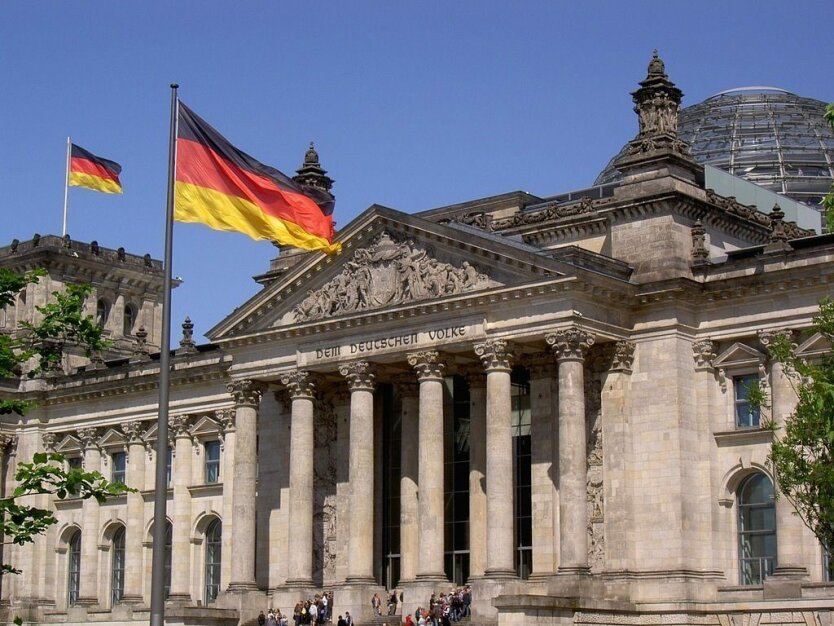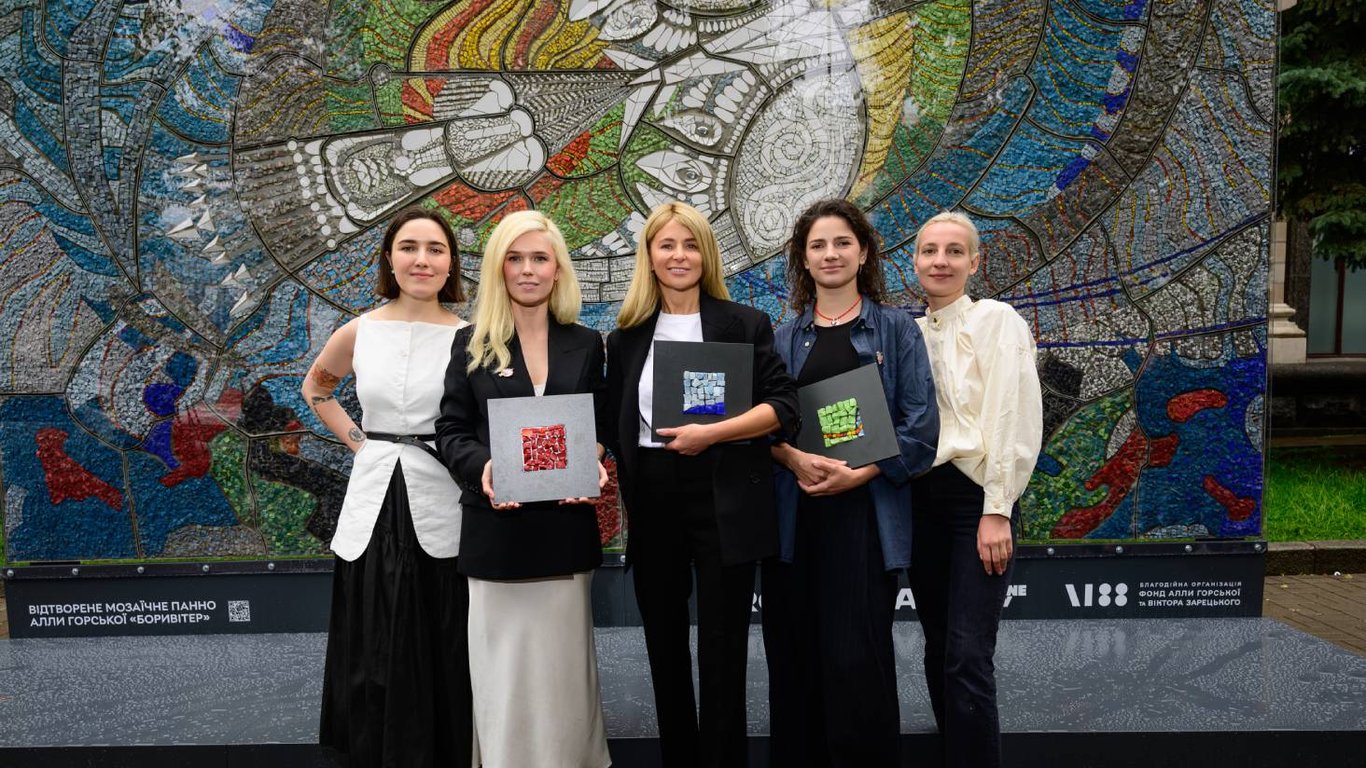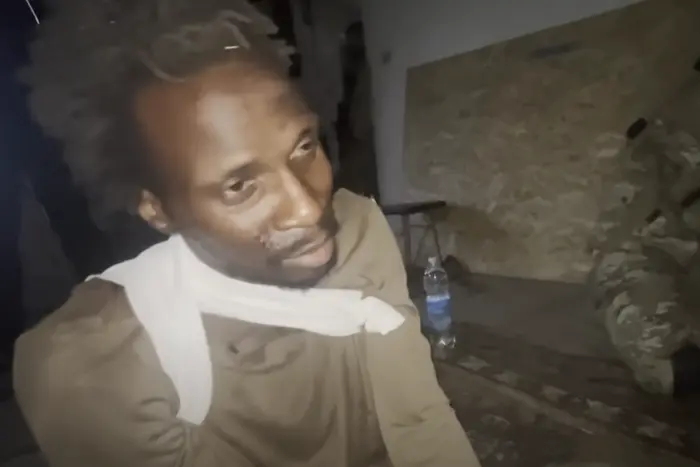Germany is reviewing the rules for obtaining citizenship and accepting refugees.


Germany has formed a coalition of CDU, CSU, and SPD
On April 9, the Christian Democratic Union (CDU), the Christian Social Union (CSU), and the Social Democratic Party of Germany (SPD) officially announced the formation of a coalition. The leaders of these parties presented an agreement consisting of 146 pages titled 'Responsibility for Germany'. CDU leader Friedrich Merz described the agreement as a 'strong and clear signal' for the citizens of Germany and partners in the EU.
The main goal of the new government will be to strengthen competitiveness, increase investment, and combat migration. They also plan to change the citizenship law, specifically to simplify the process for turbo-immigrants to obtain citizenship.
The German Ministry of the Interior has already halted the acceptance of refugees under the UN resettlement program. As of the beginning of 2024, 4711 people have already been accepted out of 13000 refugees that were planned to be accepted during 2024-2025.
According to the agreement, federal refugee reception programs will be terminated and new programs will not be initiated. CDU/CSU will receive the Ministry of the Interior and the Ministry of Foreign Affairs, while SPD will receive the Ministry of Finance, Defense, and Justice. The agreement must be approved by each party in the coalition, after which a new government can be officially formed.
Currently, the duties of the chancellor are performed by Olaf Scholz.
The formation of the CDU, CSU, and SPD coalition in Germany means that the country will be able to emerge from the political crisis that lasted for several months after the elections. This coalition has broad support in parliament and will be able to implement its program. The main directions of the new government's work are economic stability, investment in the country's development, and managing migration. Planned legislative changes concerning citizenship aim to maintain integration and control over migration processes. The name of the future chancellor of Germany is still unknown.
Read also
- The Budget Committee of the Bundestag approved a package of aid to Ukraine amounting to 11.3 billion euros
- Scholz hints at who can stop the war









